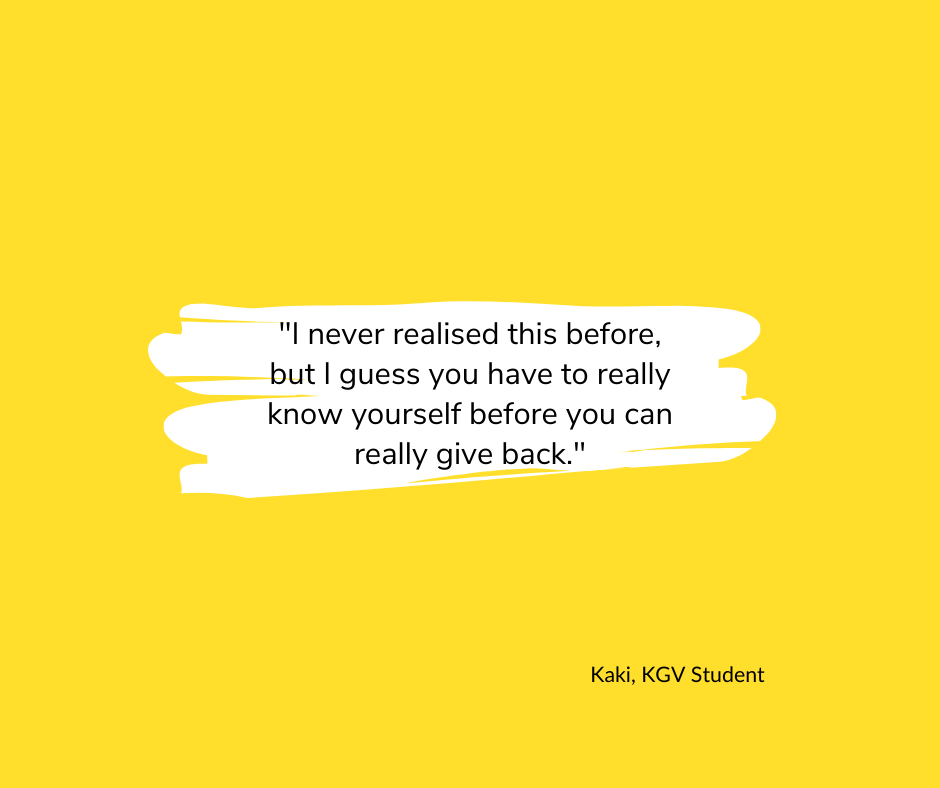Recently, many charities have come under fire for not acting in the best interests of the people they serve. The people they claim to help are not portrayed with dignity, and the work they do creates a dependence on charity, rather than empowering people to help themselves. It can be tricky and intimidating to select the right charities to donate to. Here are some tips for ensuring the dignity of the people you want to help.
Look for Sustainability
Building houses for the disadvantaged or digging a well sounds like a feel-good, once-off way to help people. However, it would be more helpful if people in that community were taught the skills required to design, build and maintain different types of infrastructure.
This would make the difference between a community that benefits short term to one that benefits and grows for years to come. When selecting a charity to donate to or participate in, take a hard look at what that charity does to create long-lasting, sustainable change that doesn’t consistently rely on outside intervention. Their goal should be that they eventually won’t be needed.
Check Their Social Media
What kind of story does this charity tell on their social media? Do they rely on imagery of people, often children, who are ill, starving, dirty or injured? Are they creating a power dynamic between potential donors and beneficiaries, where the donor is the saviour, and the beneficiary is helpless? Are they ignoring the systemic issues that lead to poverty? This could be a charity that is more focused on gaining donations than on the dignity of the people they want to help.
Look for charities who show images of people within the community participating in an activity or celebrating their achievements. Look for posts that outline the causes of the problems they are trying to solve. A good rule of thumb is to ask yourself: would I be okay with being portrayed this way?
Read Testimonials
If possible, aim to read testimonials both from people who worked with the charity and people who benefitted from the charity’s actions. For the former, did people feel like they learned a lot about the community with which they worked? Did they feel like they were building partnerships rather than swooping in as saviours?
For the latter, did beneficiaries feel like they were given the tools to help themselves succeed? Were they treated with dignity? Has their community thrived as a result of the charity’s work? Is this success sustainable?
Watch the Watchdogs
There are many activist groups and journalists dedicated to keeping charities honest. They take the time to review charity practices and investigate any tips they get regarding a charity’s conduct. If you find a group with similar values to yours, such as upholding dignity or creating sustainability, pay attention to what they say. This isn’t to say you shouldn’t do your own research and reach your own conclusions, but it’s always useful to have a reliable resource and a helping hand.

